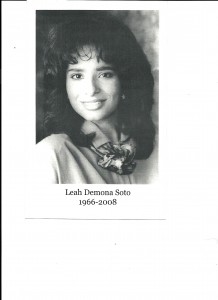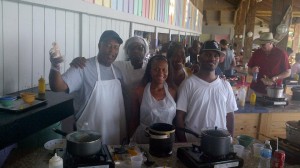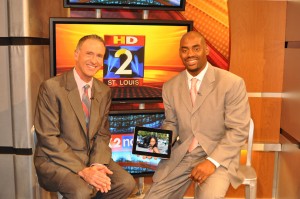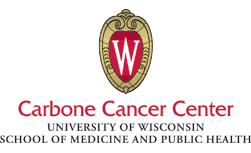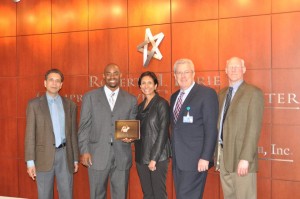Scott M. Lippman, MD, UC San Diego Moores Cancer Center
May 14th, 2012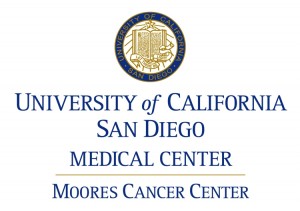 Scott M. Lippman, MD, chair of Thoracic/Head and Neck Medical Oncology at The University of Texas (UT) MD Anderson Cancer Center, has accepted the position of director of Moores Cancer Center at the University of California, San Diego, beginning May 1, 2012.
Scott M. Lippman, MD, chair of Thoracic/Head and Neck Medical Oncology at The University of Texas (UT) MD Anderson Cancer Center, has accepted the position of director of Moores Cancer Center at the University of California, San Diego, beginning May 1, 2012.
UC San Diego Moores Cancer Center, home to nearly 350 medical and radiation oncologists, cancer surgeons, and researchers, is one of only 41 National Cancer Institute (NCI)-designated comprehensive cancer centers in the country. It is part of UC San Diego Health System, the San Diego region’s only academic health system.
“As the new director, Lippman will implement strong initiatives for ramping up the research-driven cancer therapy and prevention programs and clinical trials of the Moores Cancer Center,” said David A. Brenner, MD, vice chancellor for Health Sciences and dean of the School of Medicine at UC San Diego. “His ultimate goal, and ours, is to facilitate the translation of novel discoveries from our world-class laboratories into personalized therapies. I am confident that under Dr. Lippman’s leadership, research at Moores Cancer Center will benefit our patients and change standards of care for decades to come.” Respond and Donate



